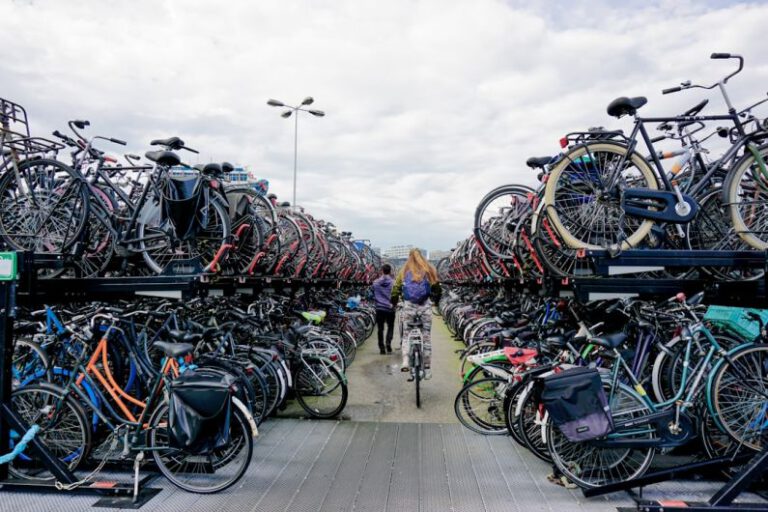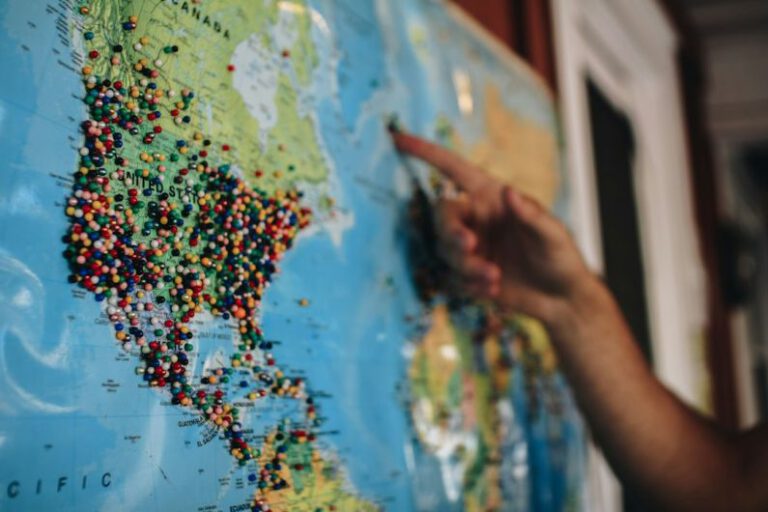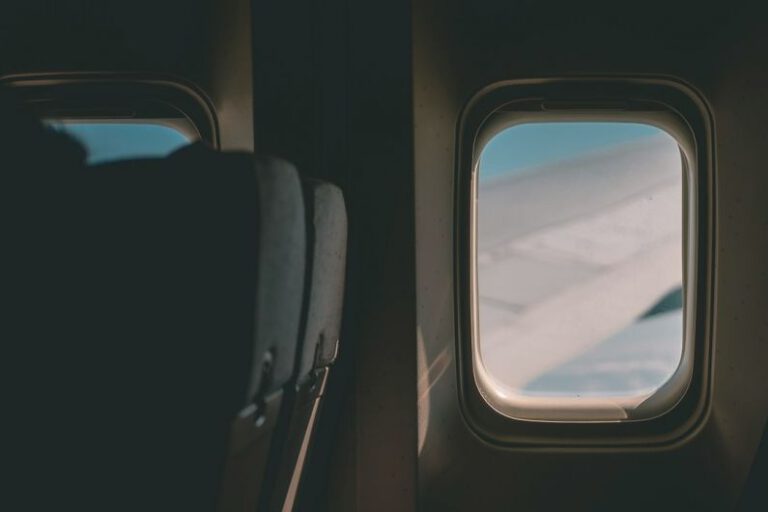What Is the Best Way to Deal with Jet Lag?
Jet lag is a common occurrence for travelers who cross multiple time zones. It occurs when our internal body clock, known as the circadian rhythm, becomes out of sync with the new time zone. Symptoms of jet lag can include fatigue, insomnia, difficulty concentrating, and digestive issues. Fortunately, there are several strategies that can help minimize the effects of jet lag and enable travelers to adjust to their new time zone more quickly.
Adjusting Sleep Patterns
One of the most effective ways to deal with jet lag is to gradually adjust your sleep patterns before your trip. This can be done by going to bed and waking up slightly earlier or later each day, depending on the direction of your travel. By gradually shifting your sleep schedule, your body will be better prepared to adapt to the new time zone.
Stay Hydrated
Dehydration can exacerbate the symptoms of jet lag, so it’s important to drink plenty of water before, during, and after your flight. It is also a good idea to avoid excessive alcohol and caffeine, as they can dehydrate the body and disrupt sleep patterns. Opting for herbal teas and water instead can help keep you hydrated and aid in adjusting to the new time zone.
Adjust Your Watch
As soon as you board the plane, adjust your watch to the local time of your destination. This simple act can help mentally prepare you for the time shift and allow you to start adjusting your activities accordingly. By aligning your mindset with the new time zone, it becomes easier to regulate your sleep and wake patterns.
Stay Active
Physical activity can help reset your body clock and combat the symptoms of jet lag. Engaging in exercise during the day can promote a better night’s sleep and increase alertness during waking hours. If possible, take short walks or do some stretching exercises during your flight to keep your body active. Once you arrive at your destination, try to engage in outdoor activities to expose yourself to natural light, which can also help regulate your circadian rhythm.
Consider Melatonin Supplements
Melatonin is a hormone that helps regulate sleep-wake cycles. Taking melatonin supplements can assist in adjusting to a new time zone by signaling to your body that it is time to sleep or wake up. It is recommended to take melatonin supplements a few hours before your desired bedtime in your new location. However, it’s important to consult with a healthcare professional before starting any new supplement.
Avoid Napping
While it may be tempting to take a nap upon arrival at your destination, it is best to avoid napping during the day. Napping can disrupt your sleep-wake cycle and make it more difficult to adjust to the new time zone. Instead, try to stay awake until your regular bedtime in the new time zone to help your body adjust more quickly.
Conclusion: Be Patient and Give Yourself Time to Adjust
Dealing with jet lag requires patience and understanding. It may take a few days for your body to fully adjust to the new time zone, so it’s important to be patient with yourself during this transition. By following these strategies, you can minimize the effects of jet lag and enjoy your travels without feeling constantly fatigued or out of sync. Remember to prioritize self-care, stay hydrated, and engage in healthy sleep habits to help your body adapt to the new time zone more efficiently. Safe travels!






